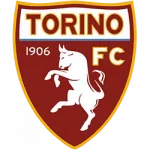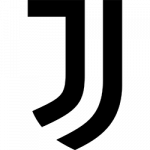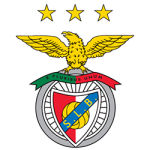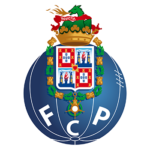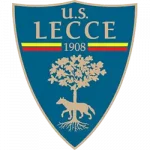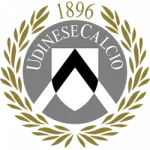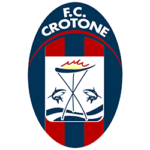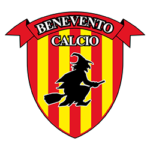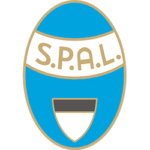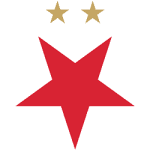| Italian Serie A 2021-22 | ![Inter Inter]() Inter Inter | 35 | 35 | 2951 | 0 | 12 | 2 | 0 | 0 | 0 | 7 | 0 | 0 | 2 | 2 |
| UEFA Champions League 2021-22 | ![Inter Inter]() Inter Inter | 6 | 6 | 521 | 0 | 1 | 0 | 0 | 0 | 0 | 1 | 0 | 0 | 0 | 1 |
| Italian Serie A 2020-21 | ![Inter Inter]() Inter Inter | 33 | 29 | 2586 | 4 | 8 | 2 | 0 | 0 | 0 | 8 | 0 | 1 | 2 | 6 |
| Italian Serie A 2019-20 | ![Inter Inter]() Inter Inter | 32 | 30 | 2703 | 2 | 4 | 3 | 0 | 0 | 0 | 9 | 0 | 0 | 3 | 6 |
| Coppa Italia 2021-22 | ![Inter Inter]() Inter Inter | 4 | 4 | 390 | 0 | 0 | 0 | 0 | 0 | 0 | 2 | 0 | 0 | 0 | 2 |
| Italian Serie A 2018-19 | ![Inter Inter]() Inter Inter | 32 | 31 | 2656 | 1 | 7 | 2 | 0 | 0 | 0 | 11 | 0 | 1 | 2 | 1 |
| UEFA EURO 2020 | ![Croatia Croatia]() Croatia Croatia | 4 | 3 | 283 | 1 | 1 | 0 | 0 | 0 | 0 | 2 | 0 | 0 | 0 | 0 |
| UEFA Champions League 2020-21 | ![Inter Inter]() Inter Inter | 5 | 4 | 371 | 1 | 0 | 0 | 0 | 0 | 0 | 2 | 0 | 0 | 0 | 1 |
| UEFA Nations League 2022-23 | ![Croatia Croatia]() Croatia Croatia | 8 | 8 | 708 | 0 | 1 | 0 | 0 | 0 | 0 | 2 | 0 | 0 | 0 | 0 |
| UEFA Nations League 2021-22 | ![Croatia Croatia]() Croatia Croatia | 3 | 2 | 209 | 1 | 0 | 0 | 0 | 0 | 0 | 2 | 0 | 0 | 0 | 0 |
| FIFA World Cup Qualification UEFA 2022 | ![Croatia Croatia]() Croatia Croatia | 9 | 9 | 760 | 0 | 2 | 1 | 0 | 0 | 1 | 1 | 0 | 0 | 1 | 0 |
| Italian Serie A 2022-23 | ![Inter Inter]() Inter Inter | 28 | 19 | 1769 | 9 | 8 | 3 | 0 | 0 | 0 | 8 | 0 | 0 | 3 | 5 |
| UEFA Champions League 2022-23 | ![Inter Inter]() Inter Inter | 9 | 5 | 546 | 4 | 1 | 0 | 0 | 0 | 0 | 1 | 0 | 0 | 0 | 0 |
| FIFA World Cup Qatar 2022 | ![Croatia Croatia]() Croatia Croatia | 6 | 6 | 554 | 0 | 2 | 0 | 0 | 0 | 0 | 1 | 0 | 0 | 0 | 0 |
| UEFA EURO 2024 Qualification | ![Croatia Croatia]() Croatia Croatia | 8 | 8 | 691 | 0 | 1 | 0 | 0 | 0 | 0 | 2 | 0 | 0 | 0 | 0 |
| Coppa Italia 2022-23 | ![Inter Inter]() Inter Inter | 3 | 2 | 193 | 1 | 1 | 0 | 0 | 0 | 0 | 1 | 0 | 0 | 0 | 1 |
| UEFA EURO 2024 | ![Croatia Croatia]() Croatia Croatia | 3 | 3 | 226 | 0 | 1 | 0 | 0 | 0 | 0 | 1 | 0 | 0 | 0 | 0 |
 Inter
Inter Inter
Inter Inter
Inter Inter
Inter Inter
Inter Inter
Inter Croatia
Croatia Inter
Inter Croatia
Croatia Croatia
Croatia Croatia
Croatia Inter
Inter Inter
Inter Croatia
Croatia Croatia
Croatia Inter
Inter Croatia
Croatia










